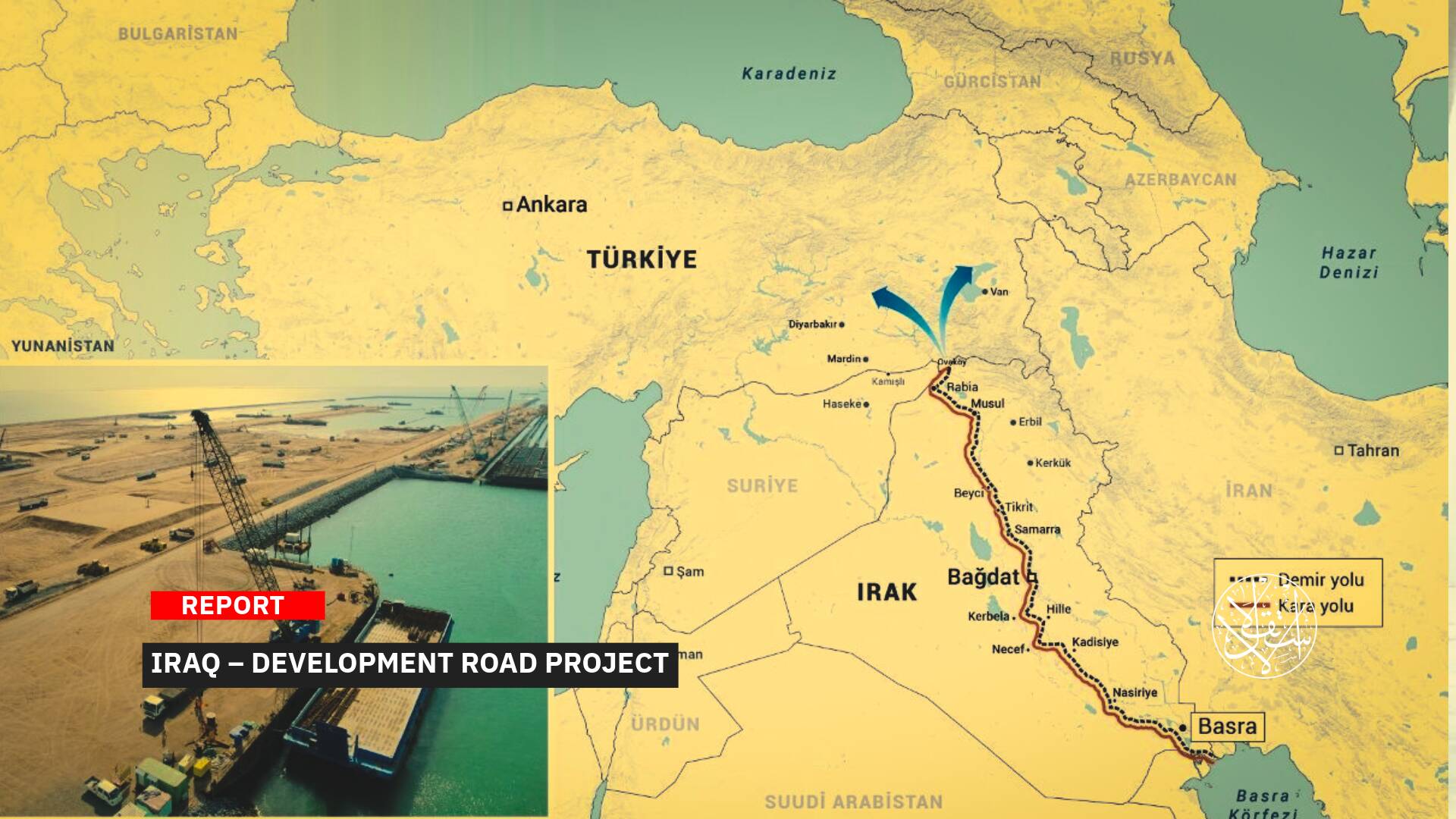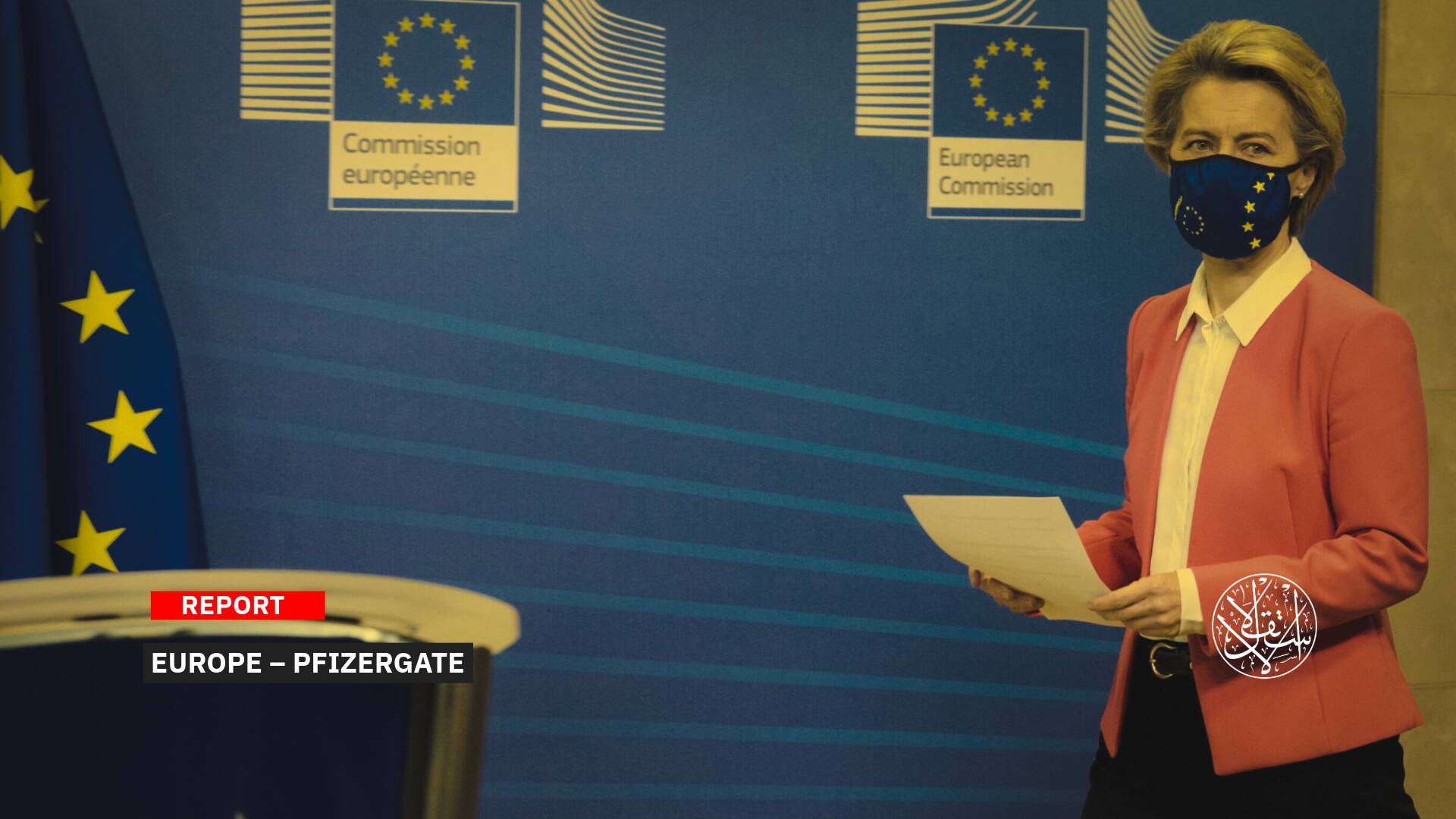How the Politicized Judiciary System in Egypt Affirm Germany’s Criticism of Its Human Rights Situation?

On December 17, 2021, the Federal Government in Germany issued a statement urging the Egyptian judiciary system to take serious steps into human rights’ conditions.
Ahead of the pronouncement of a judgment in the case against the lawyer Mohamed el-Baqer and Alaa Abdel Fatah, a Federal Foreign Office spokesperson issued the following statement.
“The upcoming pronouncement of a judgment on 20 December 2021 in the trial of the lawyer Mohamed el-Baqer will show where the human rights situation in Egypt is heading.
“The German Government expects the Egyptian Government to work to ensure that Mr. El-Baqer receives a fair trial and is released, along with his co-defendants Alaa Abdel Fattah and Mohamed Ibrahim. Lawyers must not be punished for practicing their profession.
“The German Government holds the view that freedom of expression provides the foundation for peace in society, participation by all social groups, and lasting stability.”
The German Foreign Office has released a statement on the upcoming verdict related to the Egyptian attorney Muhammad El-Baqer, which demands his release, dismiss the case, and states that the attorneys should not be exposed to any kind of threat due to of their work. https://t.co/Xx8sD6nHsV
— Taqadum Al-Khatib (@taqadum) December 17, 2021
Egypt Replies
The lawyer Mohamed el-Baqer was arrested in September 2019, immediately after having defended his prominent client, the activist and journalist Alaa Abdel Fattah against, among other things, alleged dissemination of false information.
He now faces charges in the same case as his client. He has subsequently been held in unlawful pretrial detention for more than two years, with very harsh and poor prison conditions.
The defendants are standing trial on charges of spreading false news inside and outside the country, misusing social media, joining an illegal group that seeks to suspend the constitution and laws, and prevent state institutions from carrying out their duties.
The defendants are standing trial on charges of spreading false news inside and outside the country, misusing social media, joining an illegal group that seeks to suspend the constitution and laws, and prevent state institutions from carrying out their duties.
Two days after Germany’s statement, specifically on December 18, the Egyptian government issued a reply that rejected Germany’s call.
In a statement, the Egyptian Foreign Ministry rebuked the German government statement as "comprising unacceptable infractions" and representing both "a blatant and unjustified interference in the internal Egyptian affairs [and] infringes upon a judicial path without objective evidence or proof.”
Finally, on December 20, the Egyptian court sentenced Baqer to 4 years in prison, and Alaa Abdel Fatah to 5 years in prison, in a trial that lacked basic juridical rights and duties.
Egyptian novelist Ahdaf Suef (Aunt of Alaa Abdel Fattah) said that the judge did not come to his hall, and sent the court keeper to deliver the verdict.
“He recited the verdict and ran and disappeared in thin air, knocking the door behind him and closing the light of the hall,” she tweeted.
"This is our humble judiciary," she sarcastically said.
Fake Trials
What the German embassy pointed out with el-Baqer and Abd el-Fattah unjust trials are merely part of thousands of unfair trials being held at Egyptian courts.
Al-Estiklal interviewed a number of political detainees, who were charged with involvement in a banned group or other political charges.
Mahmoud Kasem, a 24-year-old high-school graduate who works as a plumber, said that the judicial system is politically influenced and lacks any independence as an authority.
“I remember one day when I stood beside the court waiting for my turn to enter, then I saw an employee (informant) from the State Security device, I asked him what the court’s verdicts would be.
“He told me that I would get sentenced to 6 months, and another group will be sentenced to one year. Surprisingly, that’s what happened in reality, and the judge gave us the exact numbers the informant told us, we believe that the informant delivers the decisions to the judge by hand before the court,” he concluded to Al-Estiklal.
Ahmed Kassab, a 38-year-old who owns a car spare parts shop in Mansoura, said that during his 13-months reserve detention, he only stood in front of a judge twice.
“I remember the first time I stood in a court after 5 months of political detention, I said to the judge that I don’t even know why I’m here, what I’m charged with, and what the evidence is against me?”
“But all what the judge did was completely ignoring me as if he never heard me, my mates in the case kept asking him but to no avail, we were talking to a stone brick, and suddenly he ordered us out without any word,” Kassab said to Al-Estiklal.
Abdelrahman Khaled, a merchant from Alexandria, said that he was politically detained for 9 months.
In his interview with Al-Estiklal, he said: “When I stood in front of a judge at my appeal 6 months after my detention, I expected to have a decent conversation with him, but what happened startled me.”
“The judge literally told me that if it were up to him, he would sentence me to life in prison for all the destruction me and the brotherhood made in the country, I couldn’t say a word in front of his frustration.”
“When my lawyer tried to speak, he immediately shut her down, saying that it’s not okay to defend for terrorists like me, although I was not pleaded guilty of any charges, but the judge himself was an adversary, and he wouldn’t allow anyone to speak except himself until the end of my fake trial.”













